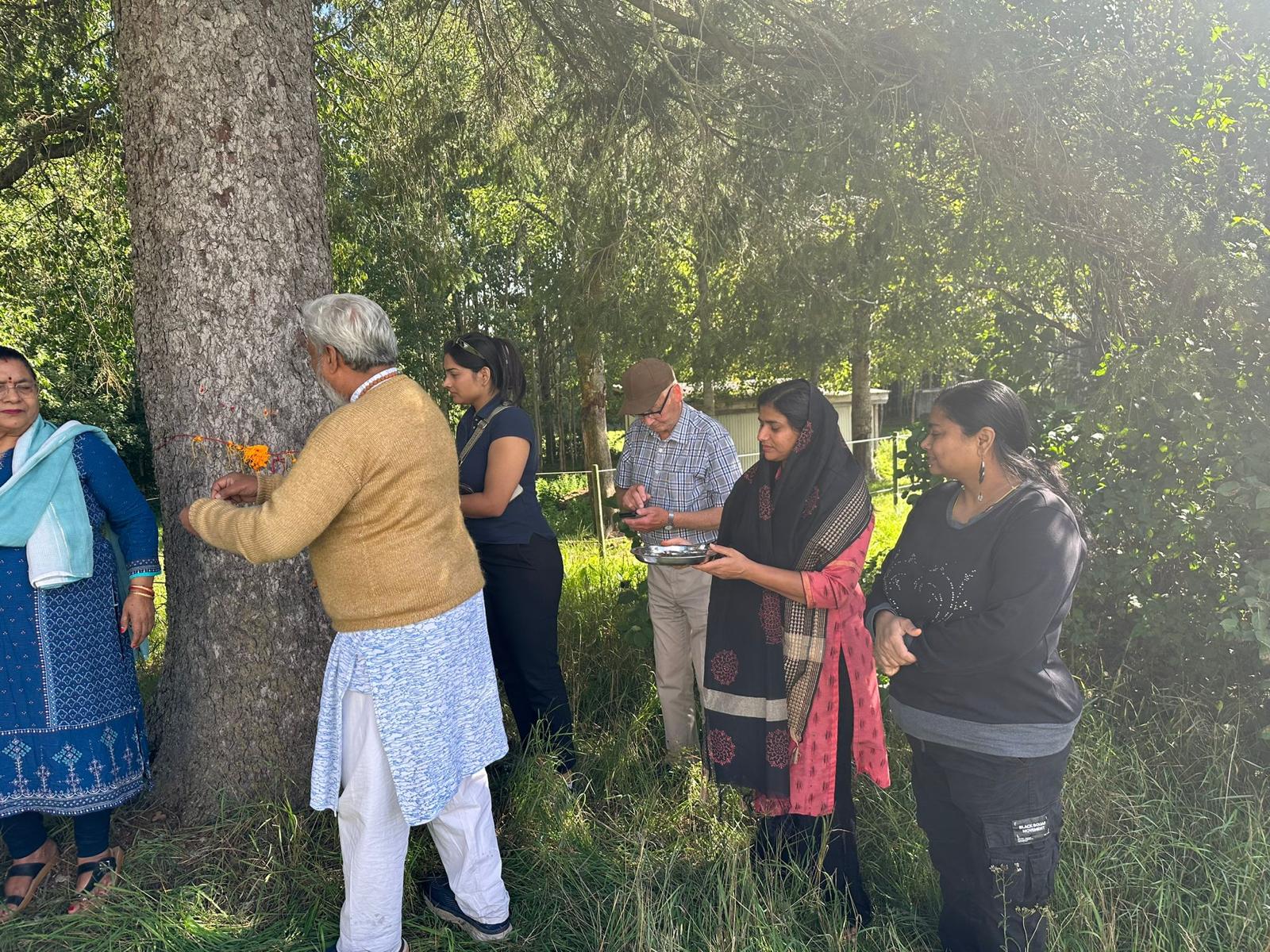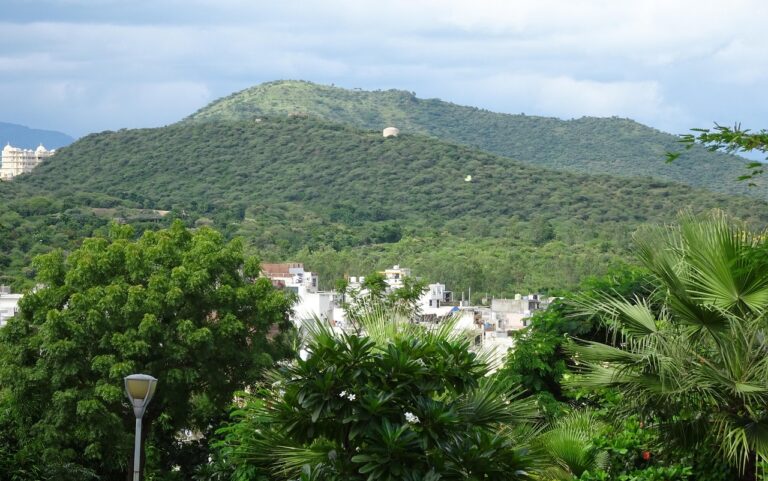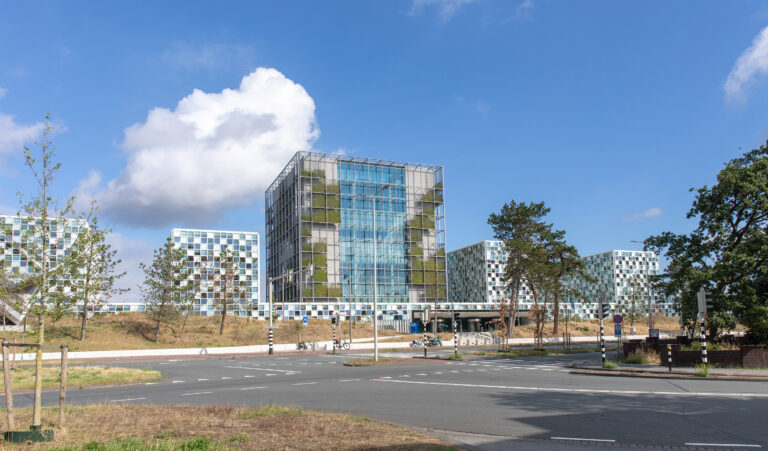
 By Dr Pravin Kumar Singh*
By Dr Pravin Kumar Singh*
Ulrika (Sweden): In a novel ‘Tree Rakhi’ initiative under the guidance of the famous ‘Waterman of India”, Dr Rajendra Singh, individuals tied rakhis to trees on the occasion of ‘Rakshabandhan‘ as a gesture of safeguarding them and highlighting the evolving relationship between humans and the planet at the headquarters of the People’s World Commission on Drought and Flood (PWCDF) here.
Dr Singh, who is also the chairman of PWCDF, drew a poetic analogy and likened the concept of Rakshabandhan, a traditional Indian festival celebrating the bond between brothers and sisters, to the new relationship being forged between humans and nature.
Just as a sister ties a protective thread (Rakhi)) around her brother’s wrist, pledging her care and love, this new initiative entailed individuals tying symbolic threads around trees, vowing to protect and nurture them in the face of environmental challenges.
On the occasion, Dr Singh eloquently emphasized the current parity between humans and the environment, drawing parallels to the special festival of Rakshabandhan His statement underlined the fundamental shift in perspective that acknowledges nature as an entity worthy of protection, akin to human relationships. He pointed out that the present times have blurred the lines that once separated human endeavours and nature’s course. The impacts of climate change, resource depletion, and environmental degradation have underscored the interconnectedness of all life forms, thus upsetting the sustainable relationships between humans and the environment.
Through the ‘Tree Rakhi’ initiative, the PWCDF today took a proactive step to invite people from all walks of life to participate in this meaningful act. Participants were provided with eco-friendly rakhis made from sustainable materials, ensuring that the gesture aligns with the message of environmental consciousness. The rakhis were then tied around trees, signifying a commitment to safeguard these silent sentinels that contribute immensely to the health of our planet.
The initiative’s central message resonated with the principles of conservation and responsibility. As individuals tied rakhis to trees, they were reminded of the significant role these trees play in maintaining ecological balance, providing oxygen, regulating temperature, and supporting biodiversity. This act symbolized the conscious acknowledgement of nature’s vital importance and the collective responsibility to protect it.
A paradigm shift towards sustainability
The ‘Tree Rakhi’ initiative represented a notable shift from merely consuming the planet’s resources to actively nurturing and preserving them. It signified a growing awareness that humans are intrinsically intertwined with nature and that our well-being depends on the health of our environment. This paradigm shift holds the potential to inspire broader behavioural changes, encouraging sustainable practices and fostering a sense of guardianship for the Earth.
Dr Singh’s poignant speech at the PWCDF headquarters highlighted the convergence of gender equality and environmental awareness, demonstrating that these are not disparate issues but interconnected facets of our evolving society. His call to celebrate religious festivals with a climate and environment perspective resonates beyond borders. It encourages a global shift in consciousness, emphasizing the importance of integrating climate adaptation efforts into our cultural practices.
As we celebrate Rakshabandhan with a green touch, let us recognize the significance of safeguarding our planet, just as we safeguard our bonds with one another. Dr Singh reminded us to consider the environmental impact of our festivities, to make choices that minimize harm, and to actively contribute to the preservation of our planet.
This novel perspective serves as a reminder that our responsibilities extend beyond personal relationships, encompassing the larger family of humanity and nature. This Rakshabandhan, may the threads of love, unity, and environmental consciousness intertwine, creating a stronger, more resilient future not only for us but for generations to come. As we celebrate our traditions, let us also celebrate our commitment to a healthier, more sustainable planet.
*The writer is a scientist at the Institute of Advanced Materials (IAAM), Sweden.






Interesting initiative giving a new interpretation to a traditional festival. Should be replicated in India in the years to come.